Mortgage Dictionary of Terms in Canada
A mortgage is among the most significant expenses that you have to incur as a homeowner in Canada. As such, it is imperative to know as much as possible about this engagement. This will not only help you to deal with your bank and mortgage brokers but will also enable you to make educated choices. Knowing important terms from the mortgage dictionary is a great start to being knowledgeable about your mortgage.
Some of the most important terms that you are likely to encounter in the mortgage dictionary include the following:
MORTGAGE INSURANCE
• Mortgage Default Insurance: An insurance that is needed to cover for high-ratio mortgages. It is the lender’s protection in case the borrower defaults on the mortgage.
• Canada Mortgage and Housing Corporation: The entity that helps Canadians access mortgages as well as other housing needs of the citizens.
• Genworth Canada: This is the largest private mortgage insurance service provider in Canada.
• Canada Guaranty: The third-largest mortgage insurance provider in Canada
• Home (Property) Insurance: This is the insurance that covers private properties.
COSTS/EXPENSES TERMS
• Closing Costs: This is the total amount of money that you have to pay to close your loan completely. It includes third-party charges, transfer fees, lender fees, and taxes.
• Closing The day full ownership of a home is transferred from the seller to the buyer.
• Closed Mortgage: This is a mortgage that constrains payment within a period and attracts a penalty if the time frame is exceeded.
• Open Mortgage: It is a mortgage with no term, and you can pay anytime with no penalties attached.
QUALIFYING RATIO TERMS
• Total Debt Service: These are the costs attached to servicing debt, including principal payment and interest.
• Gross Debt Service (GDS) Ratio: This is the percentage of total annual income needed to cover mortgages payments, property taxes, and heat payments.
• Loan to Value (LTV) Ratio: The ratio of mortgage loan to the price of a property.
• High-Ratio Mortgage: This is a mortgage that is above 80% of the property’s appraised value or purchase price.
MORTGAGE OFFER TERMS
• Counter Offer: The offer you give for a property as a buyer in response to the seller’s offer.
• Conventional Mortgage: A mortgage loan that is up to 80% of the property’s appraised value or purchase price
• Offer to Purchase: This is a written contract stipulating the terms of a property buying engagement between the buyer and the seller.
• Conditional Offer: An agreement that an offer will be made if certain conditions are met.
MORTGAGE RATES
• Prime Rate: The prime rate is the lowest commercial interest rate that a bank can charge at a particular time.
• Fixed-Rate: A fixed-rate is an interest rate that does not fluctuate throughout the entire loan term.
• Fixed-Rate Mortgage: This is a mortgage whose interest rates are fixed for a particular mortgage term.
• Variable Rate Mortgage: A variable rate mortgage has fixed payments but has fluctuating interest rates.
• Interest-Only Mortgage: This is a mortgage loan that entails paying a fixed monthly interest rate.
MORTGAGE TERMS
• Mortgagee: This is the mortgage lender.
• Mortgagor: The mortgage borrower.
• Mortgage Broker: A mortgage broker is an independent individual working to secure a mortgage for a consumer.
• Mortgage Lender: This is an entity that finances the purchase of properties.
• Mortgage Payment: This is the total amount paid to service a mortgage loan.
• Terms of Mortgage: This is the agreed time over which you should pay your mortgage.
• Second Mortgage: An additional short term mortgage financing that comes with higher interest rates than the first one.
• Mortgage Renewal: A new agreement to renew or extend mortgage terms with a mortgagee.
• Mortgage Pre-Approval: The process of determining whether an individual can afford mortgage financing before buying a property.
• Mortgage Term: This is the length of time you will need to service a mortgage loan.
• Open Mortgage: A mortgage that allows full payment of the principal amount at any time without penalties.
• PITH: Stands for Principal, Interest, Taxes, Heat
Related mortgage post: How to Save Money for a House in 17 Sure-fire Ways
TYPES OF MORTGAGES
• Portable Mortgage: A mortgage that allows an individual to transfer their mortgage debt to a new property under the same financier without penalties.
• Non-Portable: A mortgage that cannot be transferred from one property to another.
TYPES OF MORTGAGE PAYMENTS
• Principal: This is the outstanding amount that a borrower owns a mortgage lender. It includes interest.
• Prepayment Charges or Penalty: The penalty you pay for paying a mortgage before your time is up. It adds up to three months of interest.
• Pre-Payment: Mortgage payment before your mortgage term is over.
• Baloon Payment: This is a substantial one-time mortgage balance payment at the end of a mortgage term.
• Property Taxes: The tax deductions on property ownership.
Related post: 8 First-Time Homebuyer Tips and Mistakes to Avoid
OTHER GENERAL TERMS
• Credit Report or Credit Score: This is the report or history of your credit engagements.
• Initial Deposit: This is the amount of mortgage loan collections made from the Cut-Off Date to the final closing date. It excludes the closing date.
• Down Payment: The amount you initially invest in a property you intend to buy.
• Equity: This is the actual value of a property beyond any mortgage attachments.
• Estoppel Certificate: A certificate issued by a mortgagee to a mortgagor showing the status of their mortgage. It could show the interest rates or the unpaid principal balance.
• Foreclosure: The legal process that prompts a lender to sell a property should the borrower fail to meet the repayment terms of a loan.
• HELOC: Home Equity Line of Credit(HELOC ) and entails the use of the set value of a property as the collateral.
• Home Inspection: Examination of the condition of a property that is up for sale.
• Interest Rate: This is the percentage of the total principal amount charged by a lender.
• Lien on Property: A legal claim against a property in a bid to secure payment for a debt
• Refinancing Re-negotiating terms and conditions of a new mortgage after paying an existing one
• Mortgage Renewal A new agreement to renew mortgage terms or extend existing ones with a mortgage holder
• Appraisal: This is the process of establishing the value of a property.
• Amortization Period: This is the time that it will take to clear your mortgage balance. It is usually between 25 and 35 years.
• Title Insurance: The insurance cover protects a property owner from any other claims of the same property by other individuals.
• Total Debt Service (TDS) Ratio: A percentage of the gross annual income needed to cover for any debt obligations such as mortgages, credit cards, and car loans.
• Vendor: A property seller
• Vendor Take-Back: This entails a property seller covering for all mortgages financing to sell the property.
• Term: The period within which a mortgage’s principal amount is due.
Related investment terminology you must know: 58 Key Investment Terminology You Should Absolutely Know
The conclusion to Mortgage Dictionary of Terms in Canada
The mortgage dictionary of terms arms you with valuable information to effectively and comfortably deal with your bank, realtors, real estate mortgage brokers, and make educated choices.
You may also like the following posts:
- Financial Goals & Objectives – How To Set Financial Goals
- 15 Proven Strategies To Pay Off Your Credit Card Debt Fast
- A Simple Guide to Credit Report vs Credit Score explained
- Insanely Easy Ways To Get A Free Credit Report
- Drowning In Debt: The Definitive Guide To Debt Management & Paying Debt Off
- How does Consumer Credit Counseling Services Help to Tackle Credit Problems
- The Practical Guide to Purchasing Your First Investment Property
- Renting vs. Buying a House Debate: What’s Best For You?

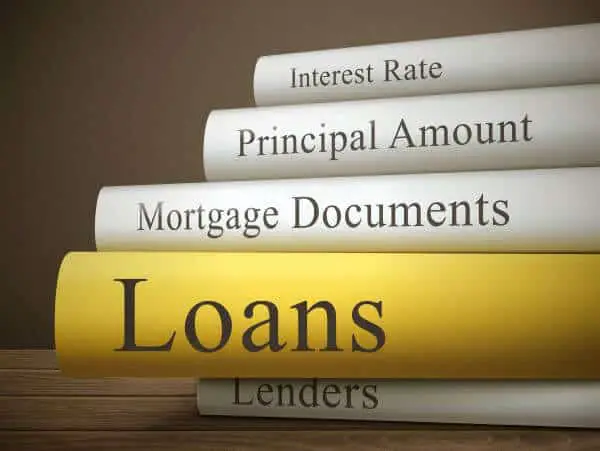
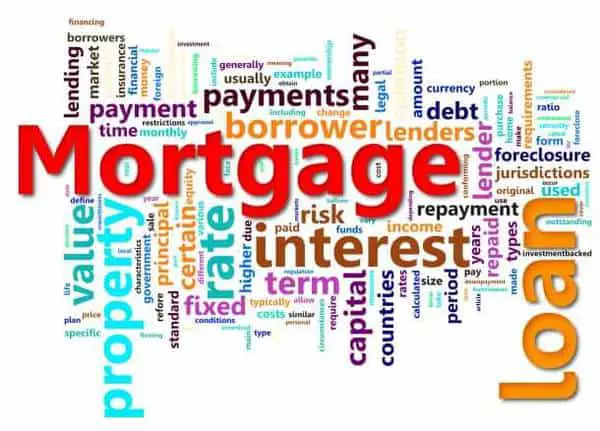
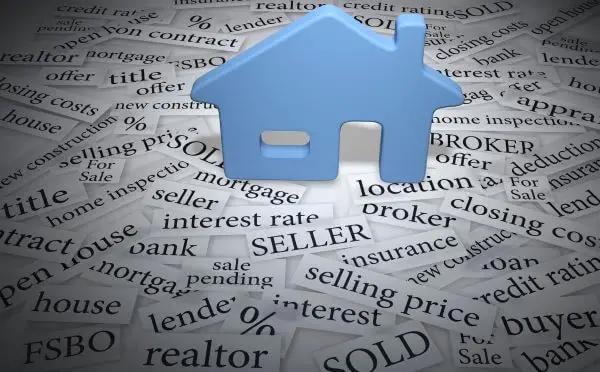

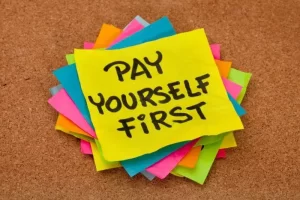





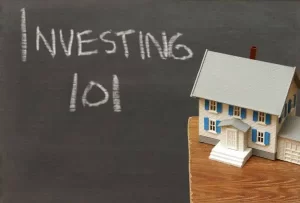






















1 thought on “60 Essential Mortgage Dictionary of Terms in Canada”
Pingback: Insurance 101: Understanding All Insurance Terms and Definitions - Investadisor